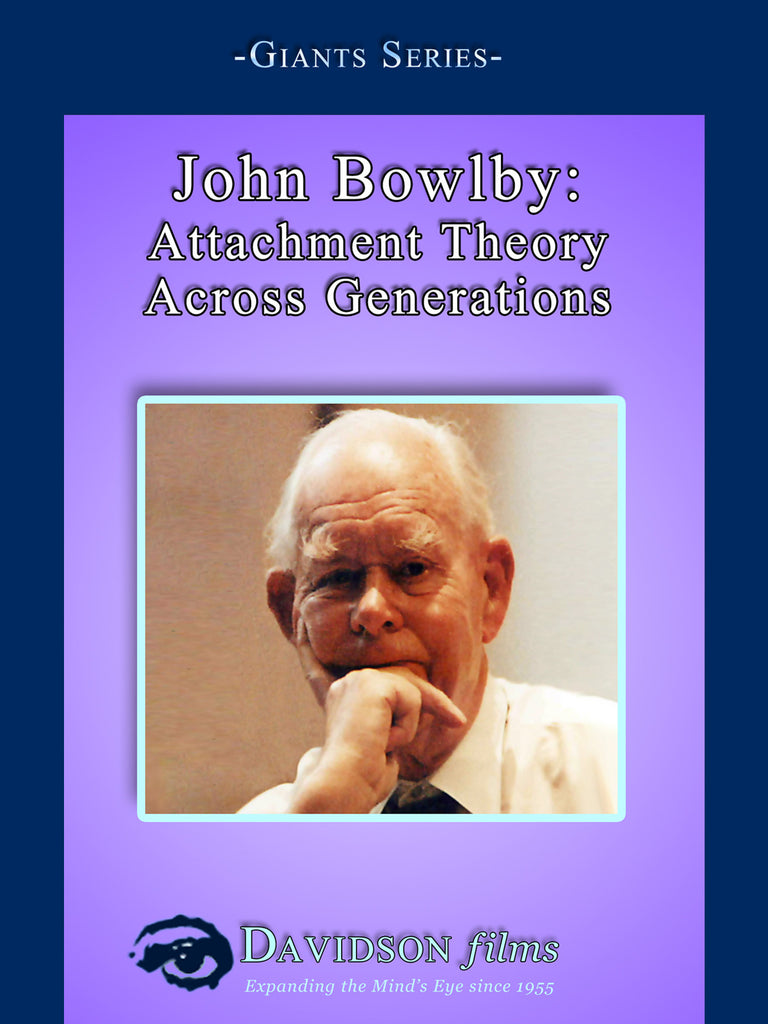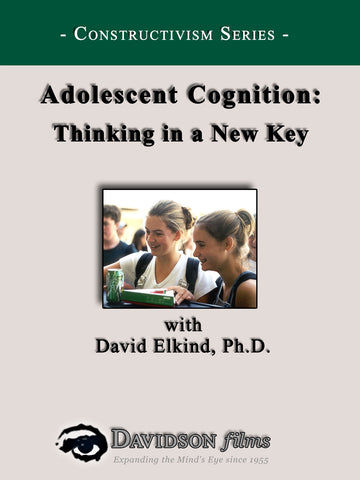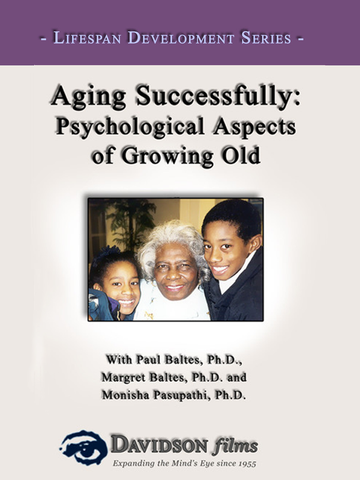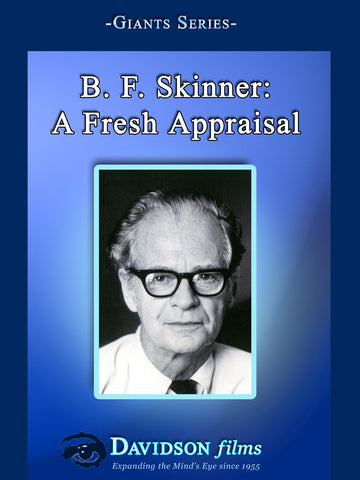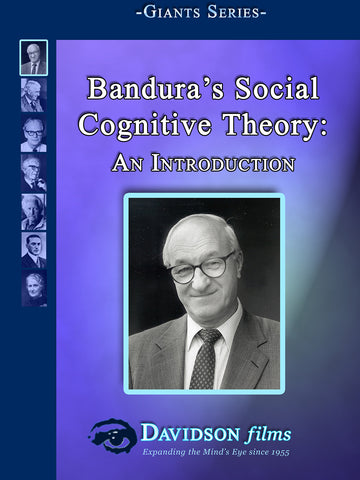John Bowlby: Attachment Theory Across Generations With Howard Steele, Ph.D.
Institutional DVD price: $ 250.00
Description
Positive intimate relationships with spouses, relatives and friends are incredibly important to mental health in adulthood. John Bowlby's Attachment Theory shows how relational patterns set early in life affect emotional bonds later in life. This film's focus is on attachment theory as it explains many aspects of personality development from childhood through to adulthood.
The film is a companion piece to our very popular 2005 release on Bowlby's colleague, Mary Ainsworth, which was centered largely on the development of attachment relationships in infancy. The film addresses issues related to attachment in later life as people seek to establish new ties and cope with separations and losses. Therapeutic applications of the theory as developed by Dr. Bowlby and others are illustrated, along with new insights that neuroscience brings us to understand the legacy of attachment histories.
Preview
Learning Guide
Discussion Topics
Reviews
Review 1
"This film on John Bowlby is bound to delight all followers of attachment theory. The film develops Bowlby's ideas and allows the viewer to follow Bowlby's own journey and understanding of attachment relationships. A great training guide for early care and education teachers and students interested in Bowlby's approach to psychotherapy."--Lenore Thompson, M.A. Mental Health Consultant, Child Care Consultation, Berkeley, CA
Review 2
"The John Bowlby documentary is extremely informative about attachment theory in general and about the man behind this theory, child psychiatrist John Bowlby, in particular. Dr Howard Steele does a great job in telling the story of John Bowlby's life and work, and the film clips inserted into this documentary to illustrate some of the major highlights in the development of attachment theory are most instructive, not only for the insiders but even more so for the students who learn about attachment in their first college years. This is the kind of documentary that any university teacher would like to present in large classes in order to entertain and at the same time inform his or her students. A real tribute to one of the greatest scholars in behavioral and developmental science."--Dr. Marinus H. van IJzendoorn, Centre for Child and Family Studies, Department of Education and Child Studies, Leiden University, Leiden, The Netherlands
Review 3
"The renowned psychiatrist, Dr. John Bowlby (1907-1990), who 'devoted his life to understanding and promoting mental health,' is the subject of this documentary film about his life and works. The opening of the film is a conference celebrating the anniversary of his 100th birthday and features several tributes from psychologists and researchers. After this opening, the viewer is able to visually turn pages of the life and work of Dr. Bowlby as the film moves from the biographical discussion to the development of his work in attachment theory and how it has influenced major areas of psychology. To provide a personal framework, the viewer hears words from Dr. Bowlby recorded earlier in his life as well as comments from his adult children."The film documents the keen insight of Dr. Bowlby and his understanding of the importance of psychoanalysis, research, and real life experiences. There is an extensive discussion of attachment theory and its significant role in psychotherapy. Viewers learn elements of the attachment theory with emphasis on the 'internal working model' as it affects individuals throughout life. Although Dr. Bowlby's emphasis on real life experiences was criticized, his understanding of this significance has since been proven to be very practical and relative and further illustrates his work as a pioneer in the development of the theory. There is also excellent information on current research in the field including an on-going longitudinal study ‘documenting the secure attachment history of a boy at one year, six years, and now as an appealing twenty-year old university student.' The viewer is able to see a realistic view of theory into practice through illustrative segments of therapy sessions from psychologists who demonstrate Dr Bowlby’s approach 'with adults who have had troubled attachment histories.'
"There are good illustrations with archival video clips and still photographs. The classical piano background music is especially appropriate for the graphic approach of turning pages as the viewer moves from the biographical details to the development of attachment theory. As mentioned by the producer in promotional materials, this is a complementary film to Mary Ainsworth: Attachment and the Growth of Love. Recommended for collections in psychology, child development, and education."
-- Carolyn Walden, Mervyn H. Sterne Library, University of Alabama at Birmingham

